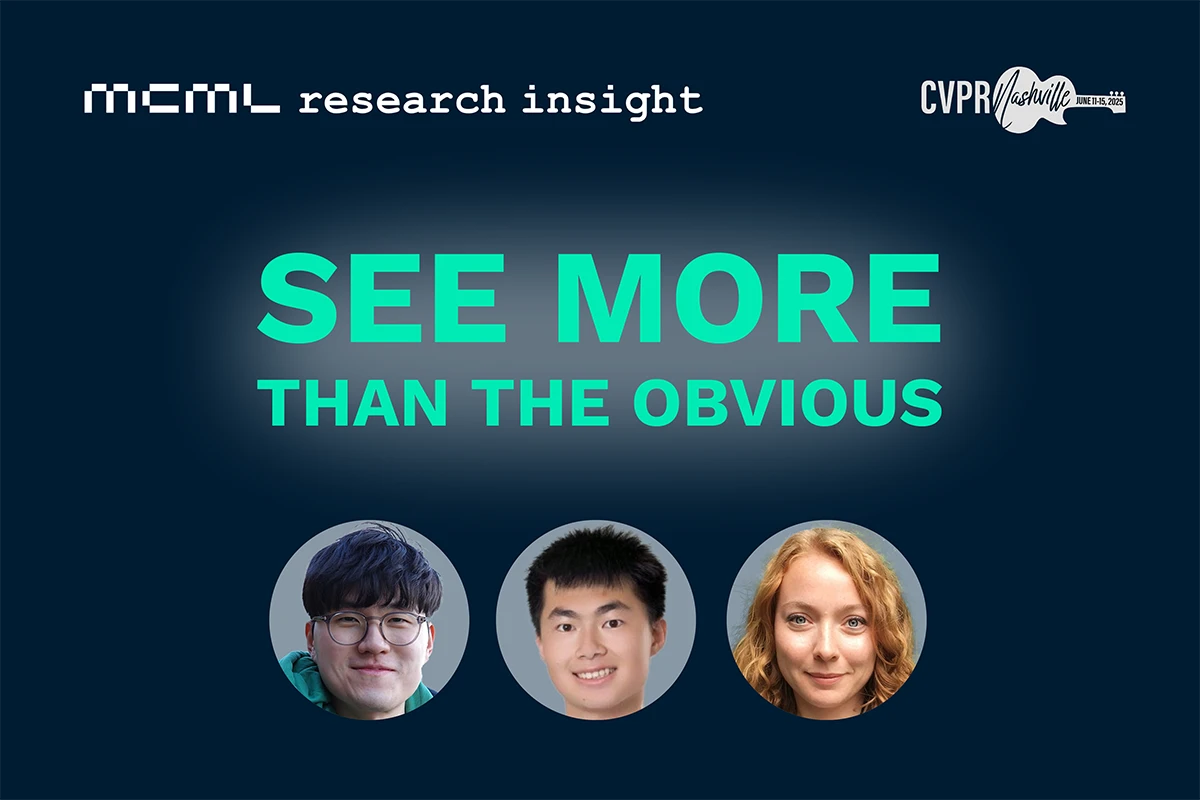29.07.2025

©TUM
AI Research by Daniel Rückert Improves Medical Imaging and Data Privacy
TUM News
MCML Director Daniel Rückert and his team are developing AI technologies to improve diagnostic imaging and protect patient data. Their research includes federated learning approaches that allow models to learn from clinical data without sharing sensitive information, as well as privacy-enhancing techniques like added data noise.
Their methods are already being applied in MRI and CT systems, leading to shorter exam times and more accurate diagnostics. The work is a key step toward integrating trustworthy AI into daily clinical practice.
Related

24.02.2026
Cosmology: Measuring the Expansion of the Universe With Cosmic Fireworks
Daniel Gruen leads LMU’s campaign on rare SN Winny to refine the Hubble constant and address the Hubble tension in cosmology.

19.02.2026
COSMOS – Teaching Vision-Language Models to Look Beyond the Obvious
Presented at CVPR 2025, COSMOS shows how smarter training helps VLMs learn from details and context, improving AI understanding without larger models.

05.02.2026
Daniel Rückert and Fabian Theis Awarded Google.org AI for Science Grant
Daniel Rueckert and Fabian Theis receive Google.org AI funding to develop multiscale AI models for biomedical disease simulation.

